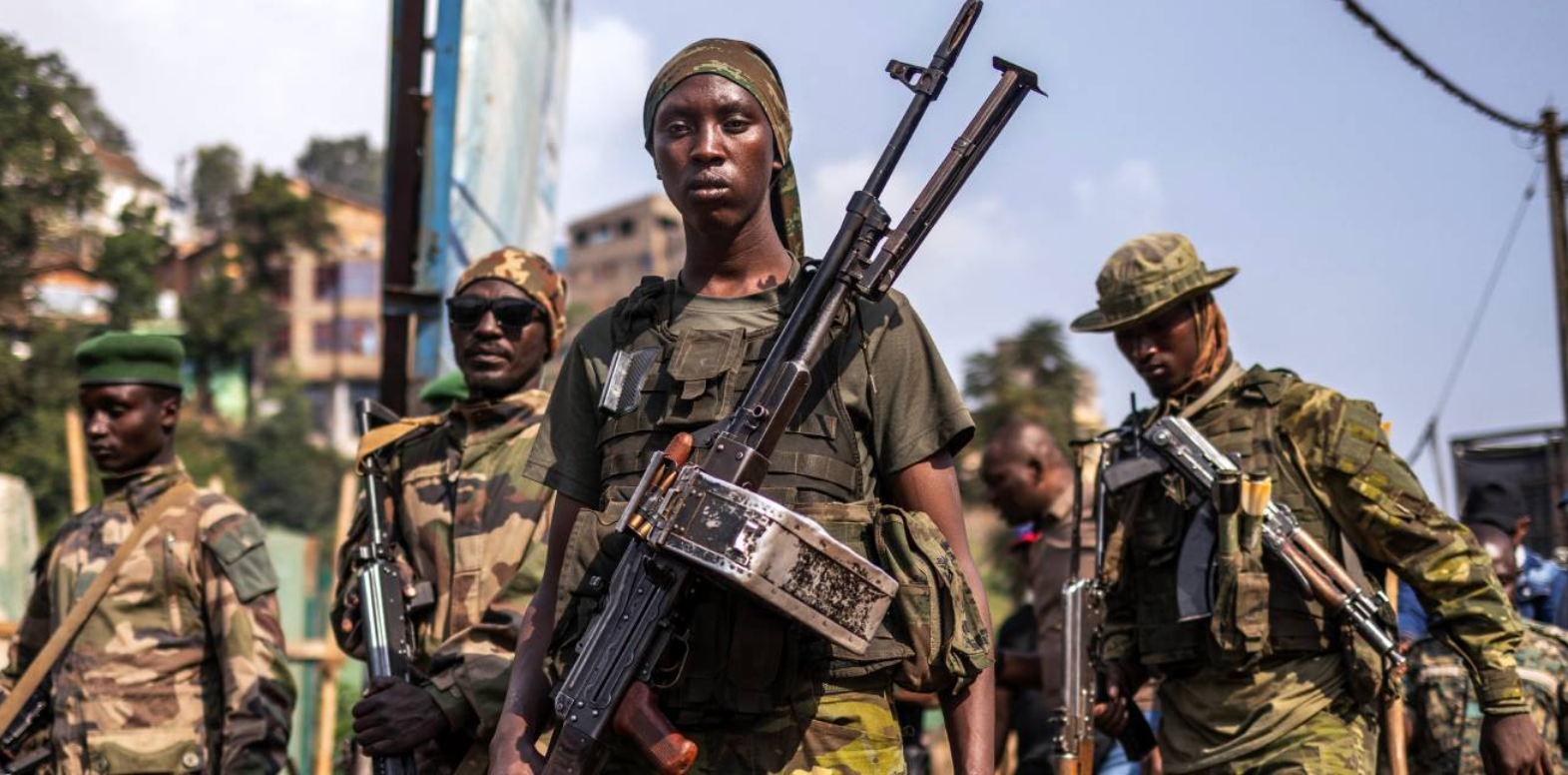
The fragile peace agreement brokered in Washington to quell violence in eastern Democratic Republic of Congo is under severe strain as cross-accusations of massacres threaten to derail the truce.
International partners had hoped the accord would protect civilians and stabilise the region, but tensions between armed groups and the Congolese army have intensified in recent days.
The M23 rebel movement, also known as the Congo River Alliance (AFC/M23), vehemently rejected recent findings by the United Nations Joint Human Rights Office (UNJHRO) and the Office of the High Commissioner for Human Rights (OHCHR).
The UN report alleges that between 169 and 319 civilians were killed between July 9 and 21 in Rutshuru territory, North Kivu.
“These allegations are unfounded and politically motivated,” the AFC/M23 said in a statement, denouncing a “flawed methodology” that relied on “uncorroborated” testimonies from “compromised” sources, including the Wazalendo militias and the FDLR.
The Congolese Armed Forces (FARDC) responded with accusations of their own, claiming that the M23 carried out “targeted massacres” against civilians, primarily Hutu, in North Kivu and repeatedly attacked government positions in both North and South Kivu.
Major General Ekenge Bomusa Efomi, spokesperson for the General Staff, described these actions as an “intentional violation” of both the Washington agreement and the Doha Declaration of Principles.
Rwanda has also entered the fray, rejecting allegations by the OHCHR that its Defence Forces (RDF) were involved in the killing of 319 civilians on farms in eastern DRC.
Kigali described the claims as “false” and “without any evidence,” condemning the “gratuitous inclusion” of the RDF as “unacceptable” and damaging to the UN’s credibility.
The Washington agreement, designed to strengthen civilian protection and ensure the safety of UN personnel, was intended to pave the way for a regional summit of heads of state to consolidate peace.
However, the escalating hostilities and mounting accusations now cast doubt on the accord’s effectiveness.
The M23 has demanded the immediate withdrawal of the UN report, a public apology, and the initiation of an independent investigation, while insisting that it remains “committed to protecting civilian populations.”
In a region where the group has controlled large swathes of territory since 2021, the risk of renewed conflict threatens to overshadow the fragile framework of the ceasefire.



